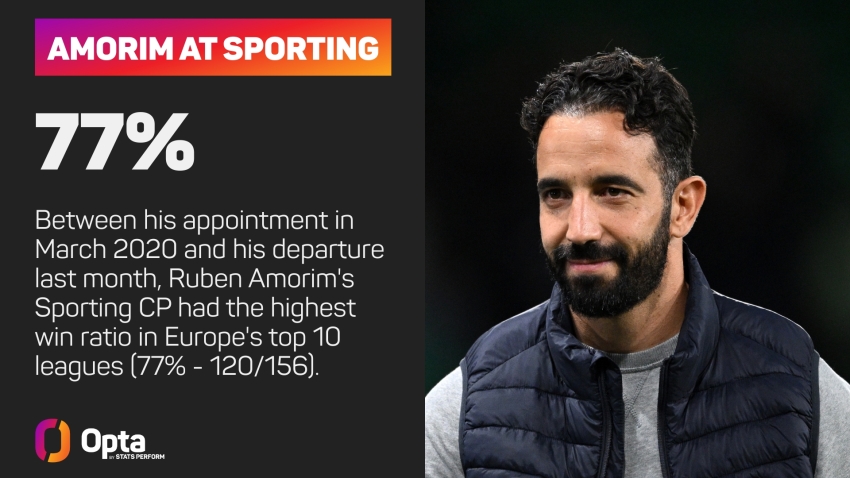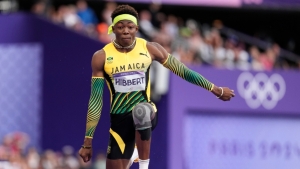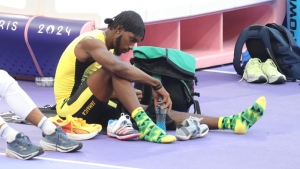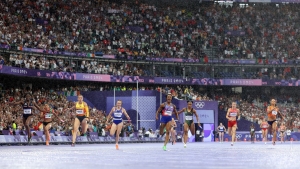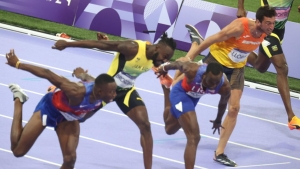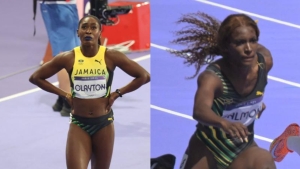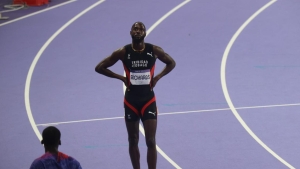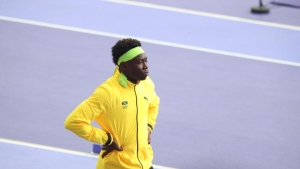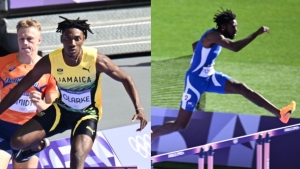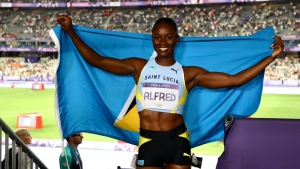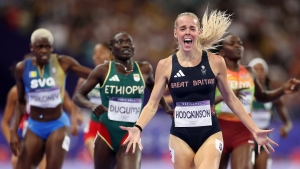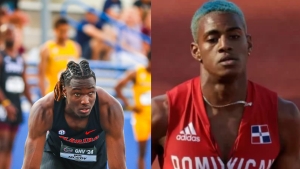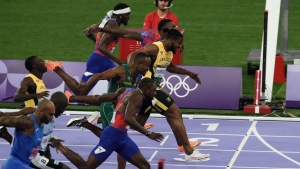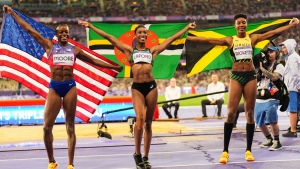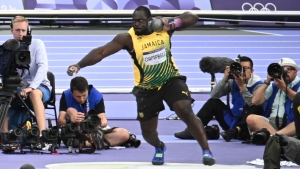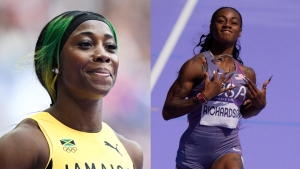19-year-old Jamaican triple jump star Jaydon Hibbert is grateful for his first experience at an Olympic Games.
The former University of Arkansas star and current NCAA Indoor, Outdoor and World junior record holder produced a best jump of 17.61m to finish just outside of the medals in Paris at the Stade de France on Friday.
Illustrating how close Hibbert was to a medal, Italy’s Andy Diaz Hernandez took bronze with 17.64m.
After qualifying sixth overall on Thursday, Hibbert opened Friday’s final with a 17.31m jump before going out to 17.61m in the second round.
He then jumped 17.53m in round three before fouls in rounds four and five and then passing on his sixth and final attempt.
“It was a good experience. Firstly, I have to thank God for what he has done,” Hibbert told Jamaican media after his final.
The former Kingston College standout competed in both qualifying and the final with a brace on his left knee, signaling that he was not 100% going into these championships.
“I almost boycotted the Olympics and I’m here standing on fourth place. I don’t know how many 19-year-olds can say they came fourth at the Olympics,” he said.
Hibbert said he felt even more pain during one of his attempts, at which point he decided to just prioritize the future rather than potentially doing even more damage.
“I got a hard fall on one of the jumps and I felt something so I kind of stopped competing right there,” he said.
“My coach was trying to convince me to go back but I told him ‘coach, I’m 19 and have a lot more years to come so I don’t want to risk injury,’” he added.
As for what’s next for Hibbert, he says his focus right now is rest and recovery.
“For now, I’m grateful for the fourth-place finish and it’s just road to recovery after this. I’m going to rest and re-evaluate a lot of stuff. I’ll be good,” he said.











